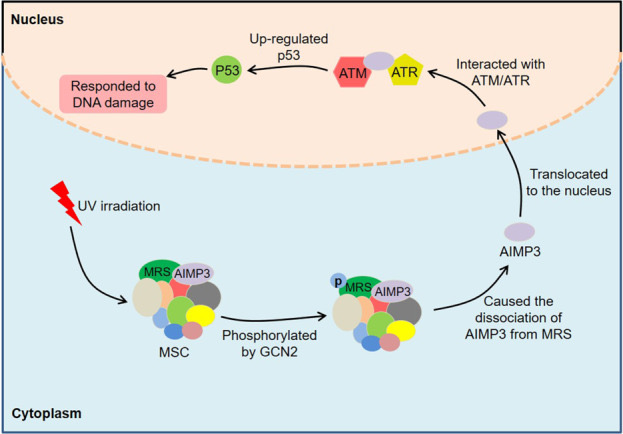AI Innovations in Alzheimer’s Detection: A New Frontier in Care

In a groundbreaking study led by Maryam Zolnoori, an assistant professor at Columbia University’s School of Nursing, researchers are developing artificial intelligence (AI) tools designed to identify early signs of Alzheimer’s disease through vocal patterns. This innovative approach utilizes recordings of conversations between elderly patients and their caregivers, aiming to detect subtle changes in speech that may indicate cognitive decline long before traditional symptoms arise.
The project, which received $1.2 million in funding from the National Institute on Aging, builds on previous work by Zolnoori and her team, who had successfully analyzed medical records to identify at-risk individuals for various health issues. “Our models had previously identified people at risk of infections, adverse drug reactions, and other problems. We thought that everyday conversations might teach us even more,” said Zolnoori.
Zolnoori's research revealed that vocal distortions such as odd pauses and tonal shifts could be early indicators of Alzheimer’s disease, as these changes are linked to damage in brain regions responsible for speech and memory. The AI model developed by Zolnoori's team can analyze both the linguistic content and the acoustic properties of speech, identifying patterns that humans might overlook. In trials, the algorithm demonstrated a 90% accuracy rate in identifying individuals with mild cognitive impairment, which often precedes Alzheimer’s.
This research is part of a broader scientific initiative to enhance early detection methods for Alzheimer's. According to Dr. James Noble, a neurologist and dementia expert at Columbia University, early detection is crucial as the disease's underlying pathology can begin years before symptoms manifest.
“Most cognitive assessments don’t happen unless a patient or family member raises concerns, and that often doesn’t happen in the beginning,” Noble explained. The new technology could allow healthcare providers to flag individuals for further testing during routine check-ups, potentially improving outcomes for patients who may not otherwise seek help.
The urgency of these innovations is underscored by statistics from the Alzheimer’s Association, which indicate that nearly half of the individuals suffering from Alzheimer’s disease remain undiagnosed, with most diagnoses occurring in the later stages of the disease. Early intervention may not only delay the onset of symptoms but also enhance the quality of life for patients.
Zolnoori's findings align with recent studies that highlight the importance of early lifestyle interventions in reducing Alzheimer’s risk factors. Research led by Dr. Allison Aiello at Columbia's Mailman School of Public Health found cognitive declines can begin as early as one’s twenties and thirties among individuals with known risk factors.
These findings advocate for a more proactive approach in educating younger populations about healthy lifestyle choices to prevent cognitive decline. “To date, prevention efforts have focused on older adults... But these conversations really need to start much earlier,” Aiello stated, emphasizing that preventive measures should be integrated into public health strategies.
While the potential benefits of AI-assisted screening tools are significant, ethical considerations also arise. Experts caution against causing undue anxiety for individuals who may learn they are at risk of developing Alzheimer’s. Critics argue that early detection could lead to an influx of patients seeking unnecessary tests, overwhelming healthcare systems.
Moreover, the accuracy of commercial tests for Alzheimer’s risk is under scrutiny, as many do not provide definitive insights into an individual’s cognitive health. Dr. Noble warns that even established diagnostic methods require careful interpretation within the context of comprehensive neurological evaluations.
The research team plans to conduct a clinical study involving 300 elderly participants receiving home care, aiming to integrate the AI technology into clinical workflows. “Our goal is to develop clear protocols for what to do when the software raises a red flag,” Zolnoori remarked.
As the study progresses, it will seek to understand patient reactions to learning their risks and how they might adjust their lifestyles in response. Zolnoori’s ultimate vision is to empower individuals with knowledge about their cognitive health, allowing them to prepare and plan for the future. “If people want to know if dementia may be in their future and prepare for it, they should have that choice,” she concluded.
The implications of such advancements in early detection and intervention are profound, potentially reshaping how Alzheimer’s disease is approached within the healthcare system and offering hope for improved outcomes for millions of Americans grappling with this devastating condition.
Advertisement
Tags
Advertisement





